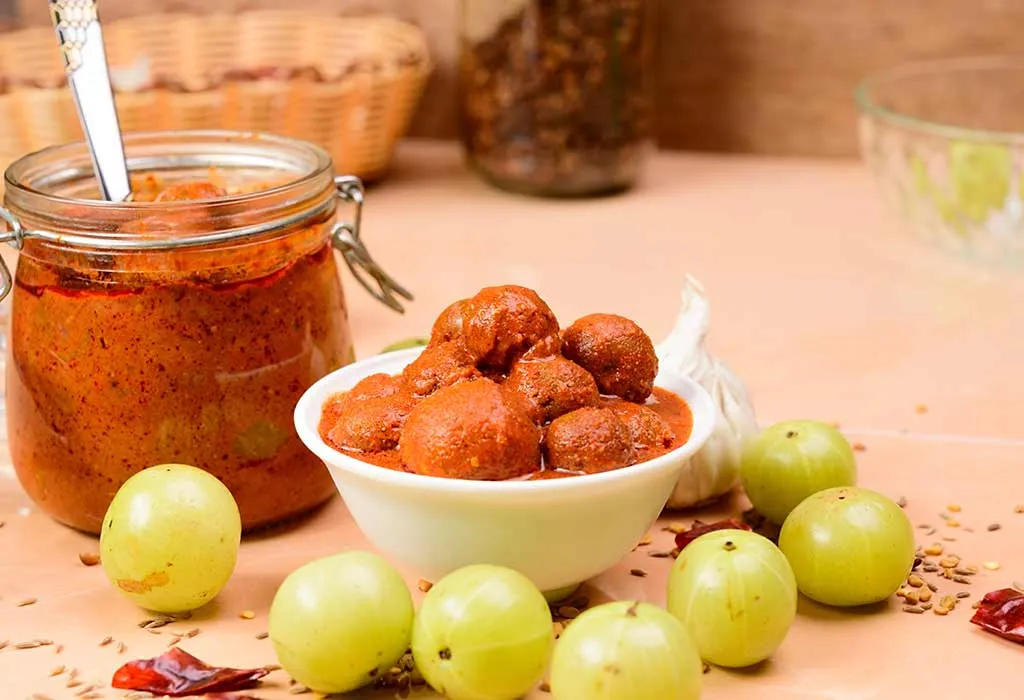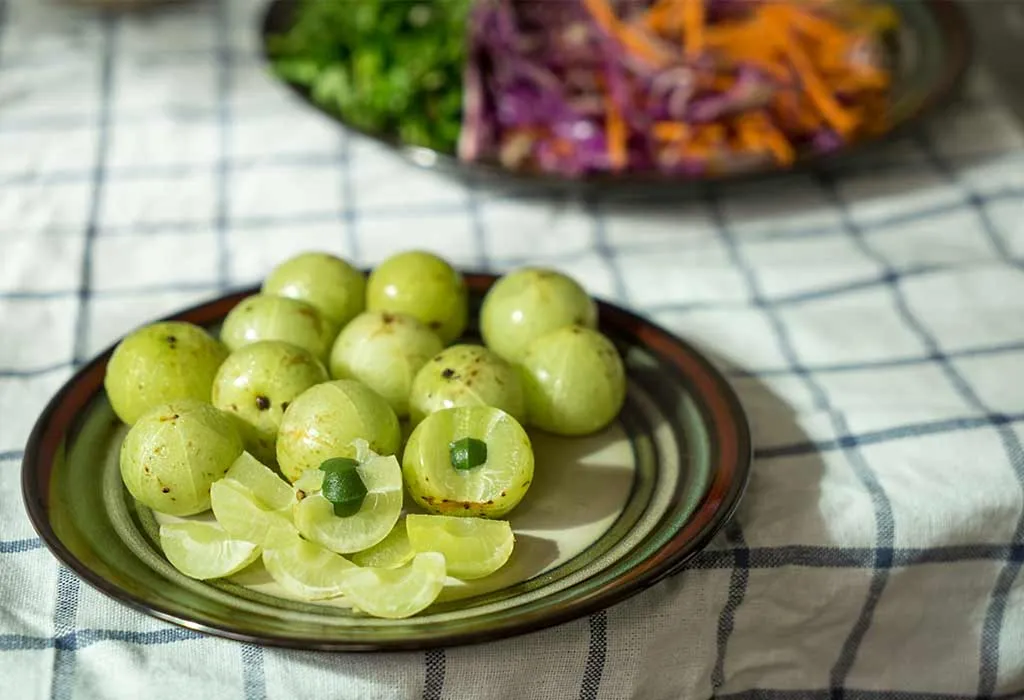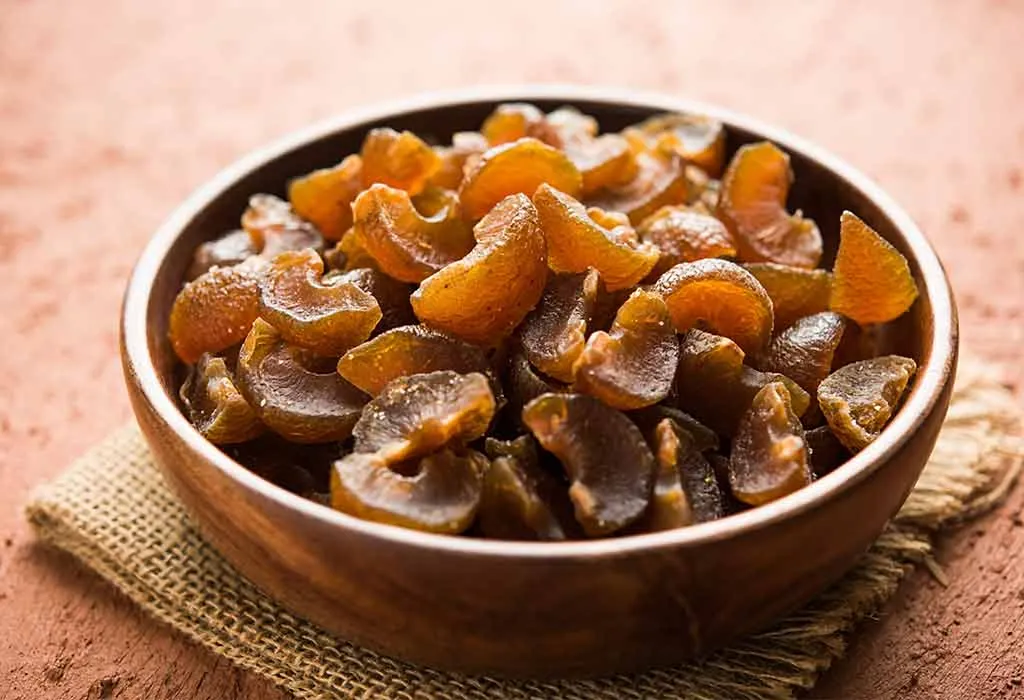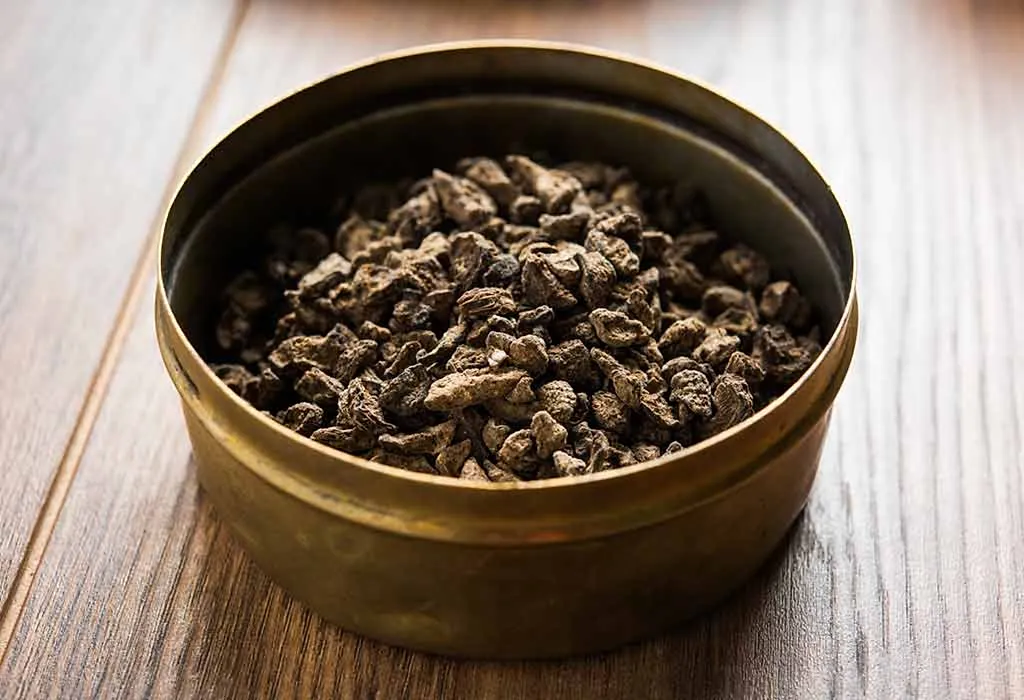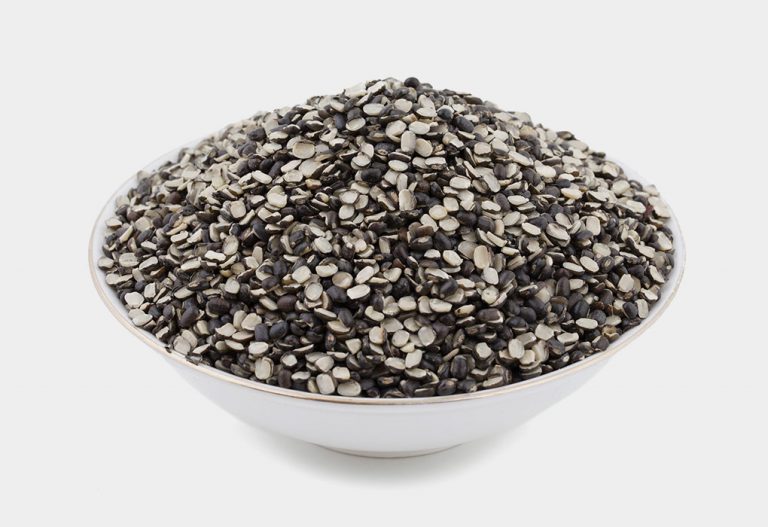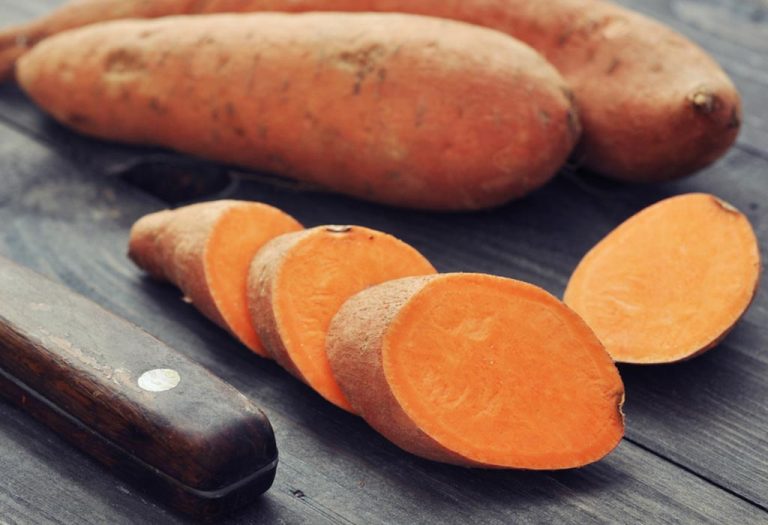Amla in Pregnancy – Benefits, Side Effects, and More

During pregnancy, every action of the mother-to-be can have a direct or indirect impact on the baby’s health and development. A woman’s eating habits, including her choice to include Indian gooseberry in pregnancy, play a crucial role in ensuring both she and her baby receive essential nutrients. Therefore, maintaining a well-balanced diet that is rich in nutrients is very important. Before incorporating any food item, such as Amla during pregnancy, into the diet plan, it’s crucial to understand its benefits and any potential harmful effects it may have on both the mother and the baby. With proper knowledge, you can make informed decisions about including Amla and pregnancy-friendly foods in your diet.
Can Pregnant Women Eat Amla?
Many wonder, “Is amla safe during pregnancy?” Yes, it is safe to consume amla (Indian gooseberry) during pregnancy. Amla is good for pregnancy. Amla is a fruit that looks like a lemon, has a sweet-and-sour flavour when ripe, and is bright green in colour. The fruit is very high in nutrients, especially Vitamin C, which makes it a very good antioxidant. Amla is a key ingredient in most Ayurvedic medicines and is also a recommended food for pregnant women. Its high vitamin and fibre content makes it a great choice for pregnant women.
Nutritional Value of Amla (Gooseberries)
There are different varieties of amla, and the composition may slightly vary from variety to variety, depending on the region. Here is a calculated estimate of the nutritional composition of 100 grams of raw amla:
| Nutrition | Value |
| Water | 87.9 g |
| Calories | 44 Kcal |
| Carbohydrates | 10.2 g |
| Fibre | 4.3 g |
| Iron | 0.31 mg |
| Calcium | 25 mg |
| Phosphorus | 27 mg |
| Potassium | 198 mg |
| Vitamin C (ascorbic acid) | 27.7 mg |
| Vitamin A | 290 IU |
| Vitamin E | 0.37 mg |
Source: USDA (1)
Benefits of Eating Amla During Pregnancy
Amla has been traditionally used in India as a medicine to improve anemic conditions, reduce anxiety and burning sensations in the skin and eyes, reduce anaemia by facilitating iron absorption, facilitate digestion and liver health, improve male reproductive system health and reproduction, and also exert a tonic effect in the cardiovascular system (2). Eating amla during pregnancy’s 2nd and 3rd trimesters presents a wide range of benefits for the mother and the child. Discussed below are some of the benefits of amla for pregnancy:
1. Enhances Immunity
This is one of the most important Amla benefits for pregnancy. Amla is a great antioxidant and gives a boost to the immune system (3). Its high Vitamin C content helps in fighting infections like the common flu and urinary tract infections, which are common during pregnancy. A bonus benefit is that it also aids lactation after delivery, ensuring your baby receives immunity-boosting breast milk.
2. Helps in Preventing Constipation
Due to its high fibre content, amla helps in regularising bowel movements and preventing constipation during pregnancy (4).
3. Enhances Digestion
Amla helps reduce problems like indigestion and acidity formation by stimulating gastric juices in the stomach and aiding in food digestion.
4. Helps in Maintaining Blood Pressure
The abundance of Vitamin C in amla helps blood vessels dilate, which, in turn, helps in maintaining and sustaining normal blood pressure (5).
5. Provides Relief From Fatigue and Stress
The sweet-and-sour taste of amla helps in controlling the feeling of nausea, which is common in the first trimester of pregnancy. Drinking amla juice or eating it raw helps reduce morning sickness and energises the body.
6. Helps in Controlling Oedema
Due to its anti-inflammatory properties, amla helps in reducing swelling in the hands and feet (known as oedema), which might happen during pregnancy.
7. Body Detox
Amla is a great antioxidant, and its high water content increases the frequency of urination. This helps in flushing out radicals and toxins from the body (6).
8. Reduces the Risk of Developing Gestational Diabetes
Even women with no diabetic history can experience a condition called gestational diabetes during pregnancy. This happens when pregnancy hormones interfere with insulin levels in the body. Amla has anti-diabetic qualities that help in restricting the chances of gestational diabetes in the mother-to-be (7).
9. Boosts the Baby’s Memory Power
Consuming amla juice helps in enhancing the baby’s memory power.
10. Promotes Oral Health
The Vitamin C content of the fruit promotes oral health during pregnancy, by helping prevent conditions like bad breath or bleeding gums. It also helps prevent tooth decay thanks to its calcium content.
11. Supports Healthy Skin
Amla’s high Vitamin C content and antioxidants contribute to maintaining healthy and glowing skin. This can help combat skin issues that may arise during pregnancy, such as acne or dryness.
12. Promotes Healthy Hair Growth
The nutrients in amla, including Vitamin C and iron, promote healthy hair growth and strengthen hair follicles. This can help reduce hair loss, a common concern during pregnancy.
13. Prevents Anaemia and Supports Iron Absorption
The vitamin C in amla enhances the absorption of non-heme iron (plant-based iron), aiding in maintaining healthy haemoglobin levels, which is essential in pregnancy.
14. Supports Foetal Bone and Tissue Development
The rich calcium, vitamin C, and phosphorus content in amla contributes to connective-tissue formation and bone health in the growing baby, while also protecting maternal reserves
What Is the Best Time to Eat Amla During Pregnancy?
The best time to eat amla during pregnancy is in the morning on an empty stomach, allowing for optimal nutrient absorption and boosting energy levels for the day. Consuming it before or after meals can aid digestion and alleviate issues like bloating. Including amla as a mid-morning or afternoon snack provides a nutritious energy boost. Additionally, having amla before bedtime in the form of warm juice or tea can help calm the digestive system and improve sleep quality by reducing nighttime indigestion.
How Much Amla Can You Eat During Pregnancy?
During pregnancy, it is safe to eat one or two pieces of fresh amla per day. In case you are consuming amla in powder form, one teaspoon of the powder is ideal.
What Are the Side Effects of Consuming Amla During Pregnancy?
Amla is a fruit that presents pregnant women with a lot of benefits. However, there are also some side effects of eating amla while pregnant.
- Overconsumption of amla during pregnancy can lead to indigestion, constipation, diarrhoea, and also leave you dehydrated with an upset stomach. It is, therefore, advised to consume amla in limited quantities only.
- Because amla is tart and acidic, for women prone to acid reflux or heartburn during pregnancy, eating it raw or in large quantities might aggravate those symptoms.
- Some evidence suggests that amla may slow blood clotting or lower blood sugar. If you’re already taking anticoagulants, antiplatelet drugs, or diabetic medication, you may require caution.
- Although rare, some individuals may experience skin rashes, itching, or other allergy-like symptoms after consuming amla. Pregnancy may heighten sensitivity to foods.
Can You Drink Gooseberry Juice When Pregnant?
It is safe to drink gooseberry or amla juice during pregnancy. However, you should avoid packaged amla drinks as they may be sweetened or contain added preservatives, and this is not recommended for pregnant women.
You can extract amla pulp at home and mix it with water to drink. About 5 ml to 10 ml of amla juice per day is an ideal quantity to consume.
Is Cooked Amla Safe for Pregnant Women?
It is best to eat raw amla in order to be able to make full use of its nutrients. Cooking amla usually depletes it of its nutritional value and hence, is not recommended. In case you cannot eat raw amla, it is best to consume fresh amla juice or mix amla powder in water and drink it.
When to Avoid Amla During Pregnancy
While amla has no side effects when consumed within limits, it is best to avoid it if you are suffering from a cold or cough. Amla has a cooling effect on the body, and this might aggravate your cold if you have one. Avoid amla if you are suffering from loose motions, as its laxative effects may worsen your condition.
Ways to Incorporate Gooseberry (Amla) in Your Diet
Some women might find amla tasty enough to eat raw, while others might not like its tangy taste and prefer to consume it indirectly. Here are some tips to incorporate amla in your diet.
1. Pickled Amla
You can have pickled amla as your mid-morning snack, as its tangy flavour will keep your cravings at bay and stop you from overeating. You can also have pickled amla along with your food.
You Will Need
- 150g amla
- 4 tbsp oil
- 2 tsp mustard seeds
- 1 large lemon
- 3-4 tsp red chili powder
- 1 tsp salt (to taste)
- ¼ tsp turmeric
- 1 large garlic clove, minced
- A pinch of fenugreek seeds
How To Make
- Clean the amla and dry them. Make small cuts on the surface with a knife.
- Blend mustard and fenugreek seeds into a fine powder.
- Fry the amla in oil until they turn a light golden color. Add minced garlic and let it cool.
- Combine all other ingredients except lemon juice. Once cooled, stir in the lemon juice.
- Transfer to a glass jar and let it sit for 2-3 days. Stir occasionally, adjusting lemon juice and salt as needed.
- Enjoy with rice or paratha.
Preparation Time
15 minutes
Benefits of Pickled Amla in Pregnancy
- Helps reduce ulcers
- Protects the liver
- Boosts immunity
- Supports recovery from injuries.
2. Amla Salad
Mixing a few chopped pieces of amla in your usual salad will also help disguise its strong taste.
You Will Need
- 2 amlas, peeled and chopped
- 1 cucumber, diced
- 1 small tomato, chopped
- 1 small onion, finely chopped
- 1 tablespoon lemon juice
- 1 tablespoon olive oil
- Salt and pepper to taste
- Fresh coriander leaves for garnish
How To Make
- Peel and chop the amlas into small, bite-sized pieces.
- In a large bowl, mix the chopped amla with diced cucumber, tomato, and finely chopped onion.
- Drizzle lemon juice and olive oil over the salad. Season with salt and pepper according to your taste.
- Garnish with fresh coriander leaves. Mix well and serve immediately for the best taste and texture.
Preparation Time
15 minutes
Benefits of Amla Salad During Pregnancy
- Boosts immunity
- Supports digestion
- Promotes healthy skin
- Helps in hydration
3. Fresh Juice
Extract the pulp from the fruit, mix it with water, and drink it in the form of juice. You can also grind amla in a juicer and garnish it with mint leaves for a refreshing drink.
You Will Need
- 3 amlas, cut into small pieces
- 1 ½ cup water
- 2 tablespoons honey
- A pinch of crushed pepper
- A pinch of salt
How To Make
- Combine the chopped amla with water in a blender and blend until smooth.
- Strain the mixture through a fine mesh sieve or cheesecloth to remove the pulp.
- Stir in honey, crushed pepper, and a pinch of salt. Mix well.
- Pour the juice into a glass. You can also mix it with buttermilk for an added taste.
Preparation Time
5 minutes
Benefits of Amla Juice During Pregnancy
- Boosts immunity
- Improves digestion
- Reduces morning sickness
- Supports hydration
4. Dessert
You can also consume amla with honey after your meal and turn it into a nutritious and healthy dessert. This is popularly known as Amla Murabba.
You Will Need
- 1 kg amla
- 1 ½ kg sugar
- 2 teaspoons chemical lime
- 6 cups water
- 1 tablespoon lemon juice
- 1 teaspoon crushed cardamom seeds
How To Make
- Wash the amla thoroughly and prick them using a fork.
- Dissolve lime in water and soak the pricked amla overnight. In the morning, drain and rinse them, then soak them again in lime water. Drain and squeeze out the lime residue.
- Boil water and cook the amla until they become transparent and tender. Drain and set aside.
- In a separate pot, prepare a sugar syrup by boiling six cups of water with sugar and lemon juice until it reaches a one-thread consistency.
- Add the cooked amla to the syrup. Bring to a boil and simmer for four to five minutes. Allow it to cool, then add crushed cardamom seeds.
- Transfer the murabba to an airtight container once cooled.
Preparation Time
1 hour 10 minutes
Benefits of Amla Murabba During Pregnancy
- Promotes good health
- Improves appetite
- Boosts immunity
- Aids in digestion
5. Amla Candy
Amla candy is a sweet and tangy treat made from amla, which provides both flavor and nutrition.
You Will Need
- 250 grams amla
- 150 grams of sugar
- 1 teaspoon cumin powder
- 1 teaspoon dried ginger powder
- 2 tablespoons powdered sugar
- A pinch of edible food color
How To Make
- Wash the amla and pat them dry with a paper napkin.
- Boil water and add the amla. Cook for two more minutes, then drain the water.
- Cut the amla into thin slices. Add cumin powder and dried ginger powder to the slices. Mix well.
- Add sugar to the amla slices, cover, and let it sit. On the second day, the slices will float in sugar water. By the third day, they will begin to settle.
- Filter the mixture, and use the syrup as a sherbet. Place the amla slices in sunlight for about two days to dry.
- Mix powdered sugar with edible food color and sprinkle it over the dried amla slices.
- Keep the coated slices in an airtight container.
Preparation Time
5 days
Benefits of Amla Candy in Pregnancy
- Provides a natural boost to the immune system due to its high Vitamin C content.
- Helps with digestion and alleviates issues like constipation.
- The natural sugars in the candy offer a quick energy boost.
- Provides antioxidants that contribute to glowing and healthy skin.
6. Amla Supari
Amla supari is a flavourful, mouth-freshening preparation made from amla and spices, ideal for post-meal consumption.
You Will Need
- ½ kg amla
- 2 to 3 tablespoons carom seeds
- 2 to 3 tablespoons fennel seeds
- 2 tablespoons black salt
- 2 tablespoons rock salt
How To Make
- Bring four to five cups of water to a boil and add the amla. Cook for 10 to 15 minutes over medium heat.
- Remove the amla from the water and let it cool completely. De-seed and chop them into small pieces.
- Dry-roast carom seeds and fennel seeds on low heat. Cool the mixture, then blend it into a powder.
- Combine the spice powder with black salt and rock salt. Add this mixture to the chopped amla pieces and mix thoroughly.
- Spread the mixture in the sunlight for four to five days until it becomes dry.
- Transfer the dried amla supari to an airtight container for storage.
Preparation Time
4 days
Benefits of Amla Supari During Pregnancy
- Prevents nausea
- Relieves indigestion
- Eases abdominal pain
- Combats cold and flu
7. Amla as an Ingredient
Incorporating amla into various dishes is a great way to enjoy its health benefits while adding a unique flavor to your meals.
How To Make
- Amla in Sambar: Add chopped amla to your sambar for an extra burst of flavor and nutrition. Its tangy taste complements the lentils and spices perfectly.
- Amla in Vegetable Curry: Mix amla pieces into your vegetable curry. The amla adds a distinctive tang and boosts the dish’s nutritional profile.
- Amla in Korma: Incorporate amla into Korma recipes. It balances the richness of the curry with its tartness, enhancing the overall taste.
- Amla in Chutney: Blend amla with coconut, green chilies, and spices to make a tangy chutney. This can be a refreshing side dish for your meals.
Benefits of Using Amla as an Ingredient During Pregnancy
- Enhances nutritional value
- Supports digestion
- Promotes overall health
- Adds a unique flavor
Is It Good to Drink Packaged Amla Juice During Pregnancy?
It is best to avoid packaged Amla juice as it might contain sweeteners and preservatives. If you cannot consume fresh juice and have to opt for a packaged one, then choose one from a trusted brand.
FAQs
1. Can I consume dried amla during pregnancy?
You can consume Amla pachak or amla supari during pregnancy, which is a dried form of amla. This has almost all the benefits of fresh Amla. You can make dry Amla at home easily.
2. Can I eat salted amla when pregnant?
It is best to limit salt intake during pregnancy and avoid heavily salted foods, as they can adversely affect the fluid-electrolyte balance and cause stomach issues.
3. Is it safe to consume amla in large quantities during pregnancy?
While amla is generally safe in moderate amounts, consuming it in excess may cause digestive issues or interact with certain medications. It’s best to consult with a healthcare provider for personalized advice.
4. Can amla affect the absorption of prenatal vitamins?
Amla’s high Vitamin C content generally enhances the absorption of iron and other nutrients, but it’s important to monitor overall nutrient intake and consult with a healthcare provider to ensure it doesn’t interfere with the absorption of specific prenatal vitamins.
This was all about amla in pregnancy’s first trimester, and even during the other two trimesters. Amla is a superfood with several benefits for pregnant women. Just keep the prescribed precautions in mind, and you can enjoy eating this fruit when you are expecting.
Also Read:
Tamarind while Pregnant
Dragon Fruit during Pregnancy
Eating Durian Fruit when Pregnant
Eating Passion Fruit in Pregnancy
Was This Article Helpful?
Parenting is a huge responsibility, for you as a caregiver, but also for us as a parenting content platform. We understand that and take our responsibility of creating credible content seriously. FirstCry Parenting articles are written and published only after extensive research using factually sound references to deliver quality content that is accurate, validated by experts, and completely reliable. To understand how we go about creating content that is credible, read our editorial policy here.








